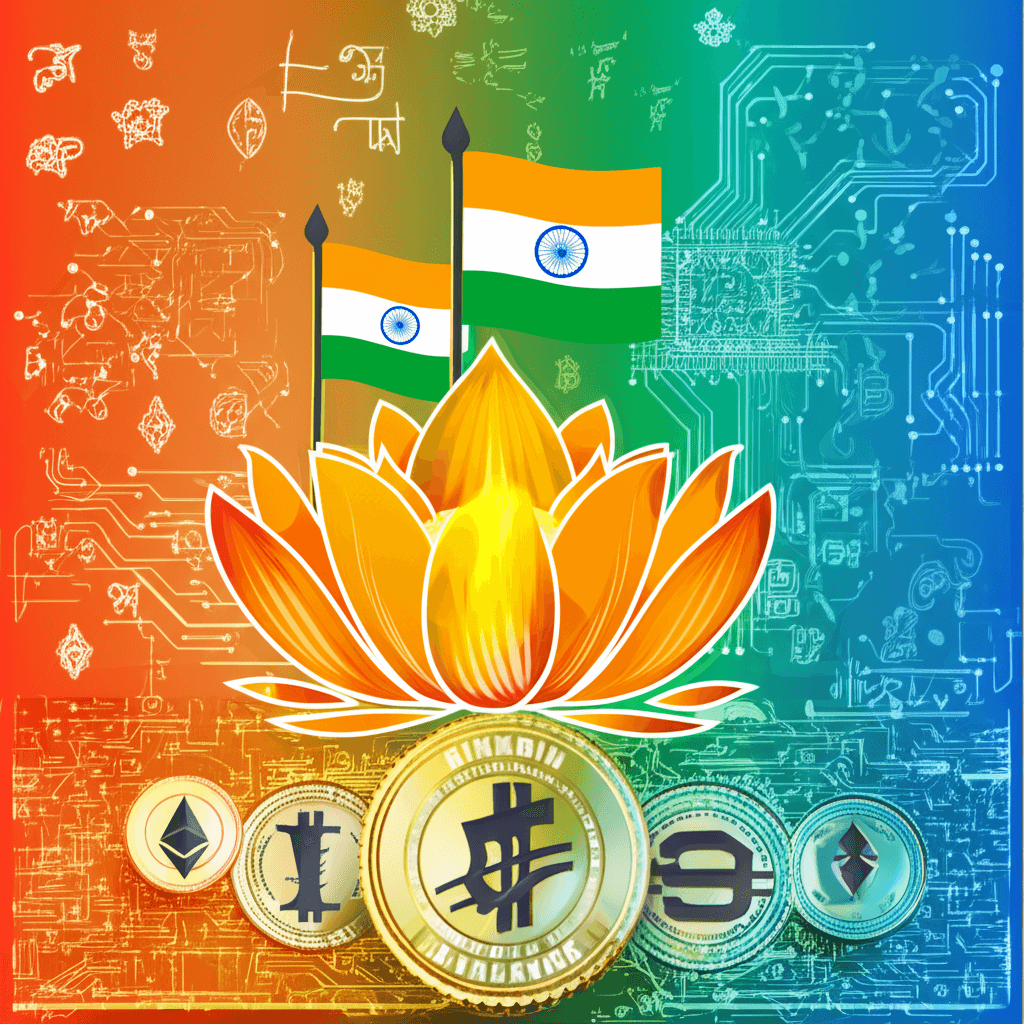Every year, the Staff Selection Commission (SSC) exams are a watershed moment for millions of job aspirants in India. But 2025 has brought an unprecedented wave of turmoil and unrest among candidates, educators, and parents alike. The hashtag #SSCMisManagement has exploded across social media platforms, becoming a focal point of widespread outrage over alleged mismanagement in the SSC’s recent Selection Post Phase 13 recruitment exams. What sparked this massive public backlash? What are the core issues behind the protests? And what does it mean for the future of government job exams in India? Here’s a detailed breakdown of the controversy shaking the nation.
What Sparked the #SSCMisManagement Movement?
The immediate trigger for the outrage was the SSC Selection Post Phase 13 exam cycle held between July 24 and August 1, 2025. Students and educators began raising the alarm over a series of alarming irregularities:
– Abrupt Exam Cancellations Without Prior Notice: Candidates reported arriving at exam centres, sometimes traveling hundreds of kilometers, only to find their tests postponed or cancelled without warning. – Technical Glitches and System Failures: The examination software reportedly crashed mid-exam, and biometric verifications suffered frequent power and connectivity issues. – Last-Minute Admit Card Releases: Instead of the usual 4+ days before exams, candidates received their admit cards just two days prior, leaving them minimal time for planning. – Irrational Allocation of Exam Centres: Aspirants from places like Jaipur were assigned to distant centres such as the Andaman and Nicobar Islands, causing physical, financial, and emotional hardship. – Allegations of a Blacklisted Vendor Handling Exams: Protesters raised concerns over the involvement of a controversial, blacklisted agency ‘Eduquity’ in conducting exams[1] [2] [4].
These issues piled up to ignite anger and anxiety among nearly 30 lakh aspirants, many fearing that their career prospects were being derailed by administrative negligence.
The Nationwide Protests: Who’s Involved?
The protests swiftly evolved from online complaints into mass physical demonstrations across India. Key characteristics include:
– Massive Assemblies at Delhi’s Jantar Mantar and Other Sites: Thousands gathered in the capital and regional centres with slogans demanding transparency and accountability. – Coalition of Students, Teachers, and Parents: Not just aspirants, but educators like Neetu Singh—an English language expert—and parent groups have joined the call for reform. – Political and Civil Society Support: Figures such as Bhim Army chief Chandrashekhar Azad Ravan expressed solidarity with the protesters. – Clashes and Detentions: Some protests became tense, with police detaining demonstrators and educators while using force to disperse crowds, raising concerns about handling dissent[2] [3].
The sheer scale and intensity of protests reflect a deep-seated frustration with the SSC’s handling of exams, seen as emblematic of broader systemic dysfunction in government recruitment.
Why Is This More Than Just an Exam Issue?
While the protests revolve around an exam cycle, they symbolize larger, ongoing challenges in India’s public recruitment mechanisms:
– Lack of Transparency and Accountability: SSC officials have issued generic advisories but no concrete solutions or admissions of fault, fueling distrust. – Vendor Management and Integrity Concerns: The alleged use of a blacklisted vendor hints at problematic outsourcing and quality assurance failures. – Impact on Aspirants’ Futures: For many lower-middle-class candidates, SSC exams determine financial stability and social mobility. The disruptions not only cause immediate stress but can derail entire career trajectories. – Wider Educational Ecosystem Under Strain: Teachers and coaching institutes face reputational damage and community backlash amid these failures.
This controversy could catalyze systemic reforms or exacerbate frustrations if mishandled.
What Are Protesters Demanding?
The demonstrators have articulated several key demands:
1. Full Transparency on Exam Process: Clear communication before, during, and after exams, with detailed explanations for cancellations or technical failures. 2. Accountability for Mismanagement: Investigation into SSC officials and their decision-making, particularly regarding vendor selection. 3. Reform in Exam Centre Allocation: Ensuring candidates receive geographically reasonable test centres with adequate facilities. 4. Better Infrastructure and Technology: Reliable exam software and contingency planning to prevent future glitches. 5. Engagement with Students and Educators: Setting up grievance redressal mechanisms and stakeholder consultation before major exam events.
Many want an overhaul of how SSC conducts its functions, demanding their right to fair, stress-free examinations[2] [3].
How Did #SSCMisManagement Trend on Social Media?
Social media became the battleground where stories, videos, and testimonies spread rapidly, sparking nationwide attention:
– Candidates shared harrowing videos showing long queues, abrupt cancellations, and confrontations with security. – Hashtags like #SSCMisManagement and #SSCVendorFailure shot up trending lists on Twitter and Instagram. – Influencers, educators, and activists amplified the issue, bringing mainstream media coverage. – Memes, opinion threads, and discussions proliferated, creating a strong digital narrative pressuring authorities.
The viral nature of the hashtag captured public imagination and put SSC under intense scrutiny[2] [4].
Potential Solutions and Next Steps
Given the scale of the crisis, experts suggest multiple strategies to restore trust and ensure smooth future exams:
| Area | Suggested Actions |
|---|---|
| Vendor Accountability | Conduct forensic audits of vendors and terminate unethical contracts. |
| Technology Upgrades | Invest in robust IT infrastructure with fail-safes and backup systems. |
| Transparent Policies | Establish clear SOPs for exam scheduling and cancellation notices. |
| Candidate Support | Provide helplines, timely admit cards, and logistical assistance. |
| Stakeholder Dialogue | Involve student bodies, educators, and parents in reform discussions. |
The government must act swiftly before exam season escalates tensions further.
What Can Aspirants Do Right Now?
To navigate these turbulent times, candidates are advised to:
– Regularly check official SSC websites and notifications for updates. – Connect with student forums and grievance portals to share issues and find support. – Plan travel flexibly, anticipating possible exam rescheduling. – Maintain digital evidence of exam-related communications to strengthen any future complaints. – Advocate collectively through respectful channels for their rights and demands.
Staying informed and united increases candidates’ leverage in demanding improvements.
Final Thoughts
The #SSCMisManagement trend is not just about a failed exam administration but a powerful expression of widespread discontent in India’s recruitment machinery. With lives and livelihoods at stake for millions, SSC’s ability to respond effectively and reform will determine whether trust can be restored or this movement deepens. For aspirants, teachers, and policymakers alike, it is a critical moment to push for transparency, fairness, and dignity in the examination process.
Stay tuned as this story unfolds, and join the conversation on social media with informed voices advocating for much-needed change.
For continuous updates and community support, follow official SSC portals and trusted news sources.







